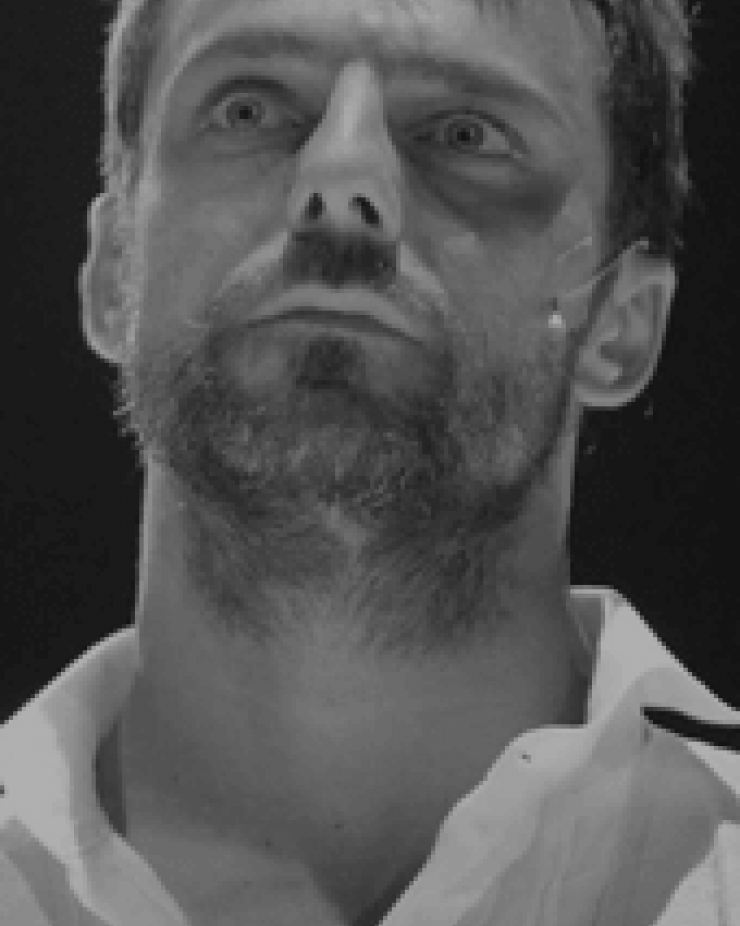Alessandro Preziosi
Performs on:
Alessandro Preziosi was born in Naples in 1973, studied law at the University Federico II of Naples before moving to Milan, where he graduated from the Academy of Drama. In 1998 he was chosen for the role of Laertes in Hamlet, staged by Antonio Calenda at the Teatro Stabile del Friuli-Venezia Giulia, then faced the character of Christian in Corrado D'Elia’s Cyrano, produced and starred in the monologue The latest hours of AI by Thomas Mattei, starred in the Agamennone of Aeschylus and played Orestes in Choephoroi and Eumenides. After a long run as inspector Foschi on the hit Italian soap Vivere, he starred in the costume drama Elisa di Rivombrosa, a performance that earned him the Telegatto prize. He then decided to dedicate himself to the theater, playing the role of Christopher Columbus in the musical Give me three ships! by Carmelo Pennisi and Massimiliano Durante. In 2004, he was the protagonist of his first film Vanilla and Chocolate, directed by Ciro Ippolito, and the TV miniseries in six episodes, Captain Vittorio Sindoni. In 2007, he starred in I Viceré by Roberto Faenza, based on the novel by Federico De Roberto, and The Lark Farm, based on the book by Antonia Arslan and directed by Paolo Taviani and Vittorio Taviani. After starring in the TV movie St. Augustine, directed by Cristian Dougay, and resuming his role of Hamlet with Khora.teatro and directed by Armando Pugliese, after debuting on the occasion of the sixtieth anniversary of the Shakespeare festival in Verona, he played the role of Antonio in the feature film by Ferzan Ozpetek Loose Cannons and Fausto Brizzi’s Males against females and Females against males. Since September 2009, he is the artistic director of the Link Academy, Department of Performing Art of the Link Campus University and Khora.teatro – theatrical production company founded by Thomas Mattei and Aldo Allegrini – he toured the recitals The king of the he interstices about Fernando Pessoa, The profession of love dedicated to Cesare Pavese, The Confessions of St. Augustine, and The Divine Mimesis by Pier Paolo Pasolini.





